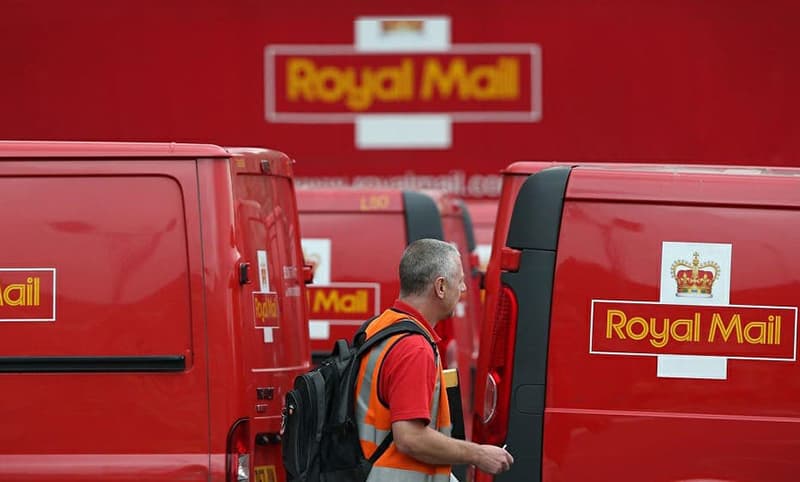Thousands of workers of the UK delivery company Royal Mail joined hands to strike over a pay dispute in what could be the biggest industrial action this summer.
96.7% of about 1,15,000 members, constituting a 77% turnout of the Communication Workers Union (CWU), voted in favour of the strike. General Secretary of the union Dave Ward along with Deputy General Secretary Terry Pullinger announced the result of the ballot on 19 July at York Barbican, the music and arts venue, where around 300 CWU members had gathered.
“This stunning result is a testament to the phenomenal efforts made by our members across the country. It is also a vote of no confidence in Royal Mail’s CEO and board, who should seriously consider their futures in our industry,” says Ward. “The CWU’s message to Royal Mail’s leadership is loud and clear. Not a single postal worker in this country will budge until you get serious and give them a dignified, proper pay rise,” he adds.
“Our members deserve a pay rise that rewards their fantastic achievements in keeping the country connected during the pandemic, but also helps them keep up during this ongoing economic crisis. We won’t be backing down until we get just that,” echoes CWU’s Deputy General Secretary Pullinger.
The union is demanding that the Royal Mail Group enters into negotiations to secure a “straight, no-strings” wage hike for workers. Ward said that the company would be given “another opportunity to come back to the negotiating table” for a deal, failing which, the CWU would notify Royal Mail of industrial action with the strike expected to take place in August.
The CWU said management intended to impose a 2% pay rise for its employees that would be “a serious real-term wage cut” for postal workers in an economic climate where RPI inflation has soared to 11.7%. Ward further adds that, “while bosses rake in €758m in profit and shareholders take €400m, workers are expected to take a serious real-terms pay cut.” He also stated that while the union was not against modernisation, it was against workers having to worker harder and faster for less pay under its pretext.
On the other side, a spokesperson for Royal Mail said that the company was disappointed that CWU members have voted in favour of the industrial action. “We offered a deal worth up to 5.5% for CWU grade colleagues which the CWU rejected. We can only fund this offer by making changes that will pay for it and ensure Royal Mail can grow and remain competitive in a fast-moving industry. The company also stated that in case of any eventualities, contingency plans were in place to minimise customer disruption and keep people, businesses, and the country connected.
Meanwhile the Royal Mail Group’s Q1 results showed a year-on-year drop by 11.5%, reflecting weakening retail trends, lower test kit volumes, and a structural decline in letters. While letters revenue was down by 6.7%, parcels declined by 15.1% year-on-year in Q1. Looking at FY2022-23, the company is anticipating a weaker market in parcels and lower-than-anticipated efficiency savings.
The Royal Mail Group, one of the largest employers in the UK, consists of two principal operations. UK-based operations include Royal Mail that delivers letters and parcels, and Parcelforce Worldwide (Royal Mail) for express parcel delivery services. General Logistics Systems (GLS) is the company’s international parcel delivery operation in Europe with a growing presence in North America.
